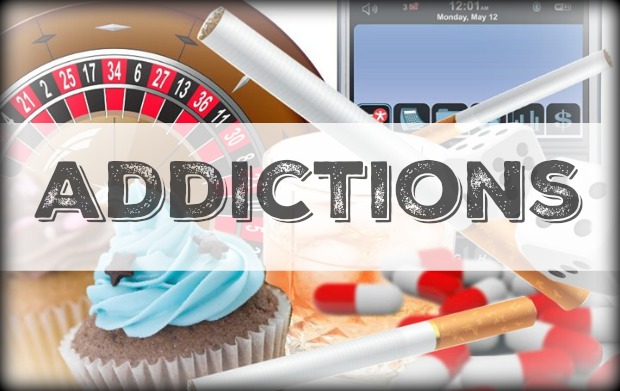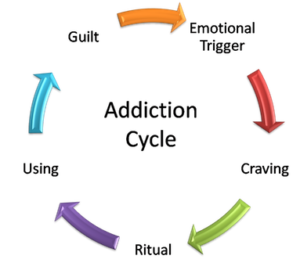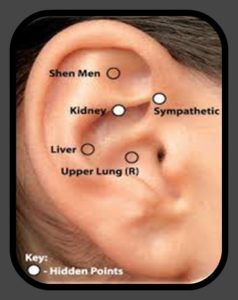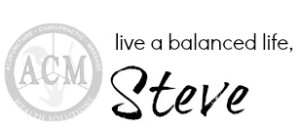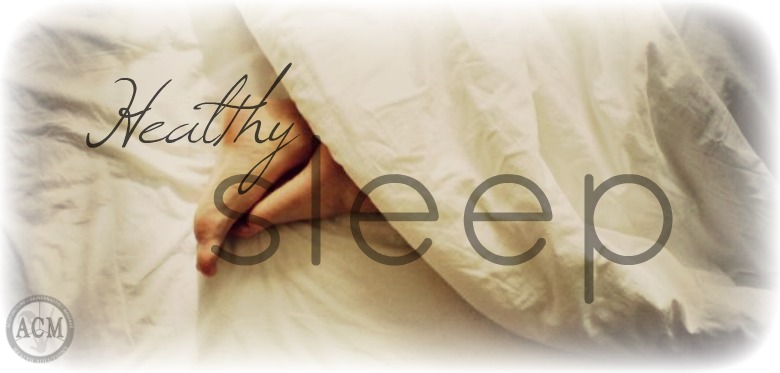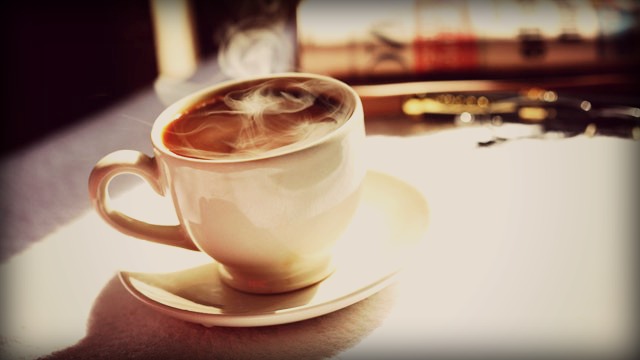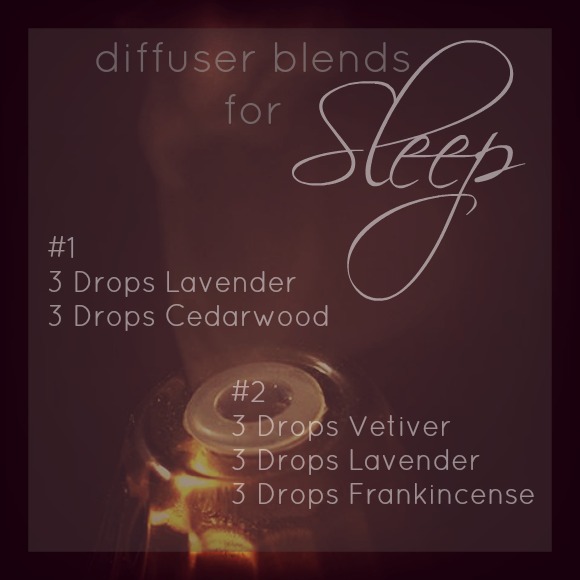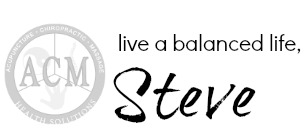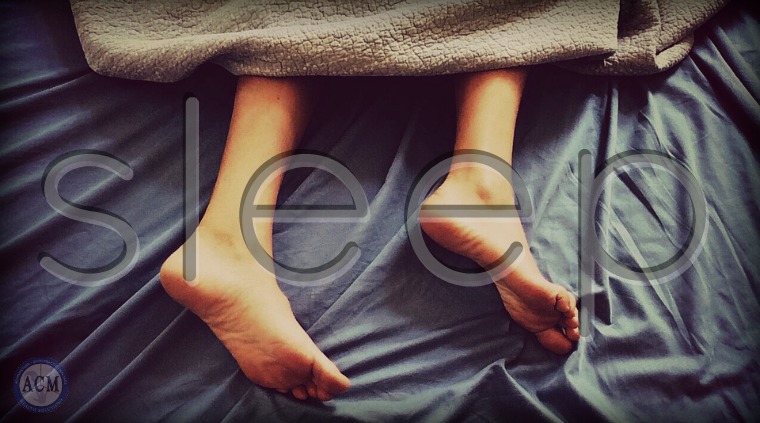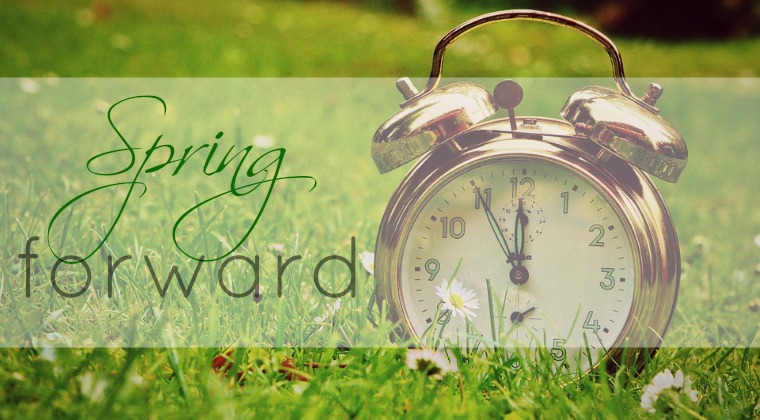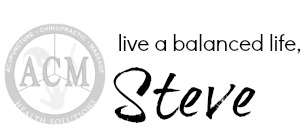-
Book Online Now - Acupuncture Solutions3900 Pebblecreek Ct #101
Plano, TX 75023972-612-4900 - 6501 Wesley St #A-1
Greenville, TX 75402903-213-3679 Learn more about…
#autumn #balance #behappy #fall #familytime #germs #healthlyliving #healthyskin #immunesystem #organs #psoriasis #seasons #sunscreen #thinkpositive acupressure acupuncture allergies anxiety coronavirus covid-19 depression diet digestion energy exercise headaches health heart herbs kidneys liver lungs meditation migraines nutrition pain pms qi sleep spring stress summer tcm Traditional Chinese Medicine winter
Uncategorized
Got Addictions-Try Acupuncture!
Addiction is defined as the compulsive physiological need for and use of a habit-forming substance, which means addiction can come in a lot of different forms. People can be addicted to illicit drugs like heroin or prescription drugs just as easily as they can be addicted to sugar. But for the purpose of this article, let’s stick to drugs and alcohol.
According to the Health Services Administration, 23.5 million people ages 12 or older have needed treatment for drug or alcohol addiction. And the treatments provided aren’t guaranteed, nor are they always easy. Luckily, there are alternative treatment options that can help.
Acupuncture is based on the correlation of individual locations and energetic meridians found in and on the body. For addiction, micro-acupuncture has been used with good results. Micro-acupuncture uses points on a small part of the body, like the ear, that also show correlations with balancing and restorative functions.
Auricular acupuncture is probably the most common technique used when treating addiction. There is a specific protocol utilized for treating addiction. It is called the NADA protocol. NADA stands for National Acupuncture Detoxification Association. NADA was established in 1985 to promote education and training. The NADA protocol utilizes five specific points in the ear that not only address substance abuse, but also the emotional, physical and psychological attributes involved in addictions. This five-point protocol allows one practitioner to treat many patients at a time, making it more time-effective, as well as more cost-effective.
The NADA protocol consists of five specific points, the sympathetic point, Shen Men, the kidney point, the liver point and the lung point. The sympathetic point balances the nervous systems and has a strong analgesic effects. Shen Men has a relaxing effect and helps alleviate anxiety and nervousness that may accompany withdrawals. The kidney point boosts the source energy of the patient while helping to resolve fear and increase willpower. The liver point promotes the repair of the liver and aids in resolving anger and aggression. The lung point strengthens the immune system and accelerates detoxification. It also helps addicts deal with grief and letting go. When somebody is going through the initial detoxification process, it is important to receive acupuncture treatments daily until you are able to remain clean.
Acupuncture provides a solid foundation for recovery and rehabilitation. It is a supportive component of addiction treatment as well as a tool enabling addicts for a normal life after rehabilitation. Acupuncture works to enhance overall functioning in several ways. Because it is nonverbal, it helps reach patients that are resistant to change. It has been shown to reduce anxiety and agitation. And it helps develop an inner meditative state in those who are fearful or severely troubled.
Acupuncture for addiction and substance abuse offers a proven method of assisting people in the process of recovery without any side effects. Acupuncture provides relief of anxiety, depression, cravings and other withdrawal symptoms. Freedom from addiction is just a phone call away.
7 Tips for Better Sleep
Many of us find it hard to fall asleep at night and stay asleep, as a result we often wake up feeling groggy and not rested. Sometimes improving sleep is as simple as changing your habits during the day. Below are easy ways that can dramatically help you get a good night’s rest!
- Cut yourself off in the afternoon. Believe it or not, even having caffeine at 2pm can affect your sleep. Make sure to get that last cup of coffee in beforehand and watch out for certain drinks you may forget have caffeine in them such as soda and many teas.
- Try restorative yoga. Practicing deep breathing and stretching before bed can help relax the mind and body. Try spending even just ten minutes to stretch and practice mindfulness.
- Limit your screen time. Let’s face it, we are all addicted to our phones and computers. It’s tempting to look at your phone until the moment you fall asleep. Turn off all electronics an hour before bed to help the brain get into sleep mode. The screens on your devices make it hard for the brain to relax.
- Acupuncture. If you are finding yourself struggling with insomnia you may want to consider acupuncture treatment. Acupuncture is non invasive and has been proven to reduce stress, help chronic pain and increase quality of sleep.
- Aromatherapy. Lavender has been proven to lead to a better, deeper sleep and help those with insomnia fall asleep more easily. Sniff or rub lavender oil on your wrists before bed to feel the effects.
- Exercise. Exercising regularly has many health benefits. It can also help you get a better sleep. Even just 20 minutes of some form of exercise a day can make a difference.
- Cut down on the alcohol. Although some drink a glass of wine before bed to unwind and fall asleep, you are actually more likely to get a poorer quality of sleep. If you do decide to drink, do so earlier in the night to ensure a deep sleep.
Sources:
http://bit.ly/1Wc7jQe
Healthy Sleep
Acupuncture & Traditional Chinese Medicine for Healthy Sleep
If you are suffering from insomnia or unable to get a good night’s rest, you are not alone. Around 60 million Americans experience insomnia and sleep related problems on a daily basis. Prescription sleeping pills are one of the most highly overused medications and can lead to side effects and addiction. Acupuncture is a centuries-old practice that has been proven to help sleep disorders without the risk of addiction or putting chemicals in the body.
How acupuncture works
Acupuncture works by addressing the root of the problem to return the body back to health. One clinical study found that patients with anxiety had increased sleep time, quality of sleep and felt less stressed with acupuncture treatment. Traditional Chinese Medicine uses the meridian system, the body’s channel in which energy flows through, to stimulate Qi to return the organs to balance. When there is an imbalance in the body, illness such as insomnia arises. Acupuncture uses specific points on the body related to sleep problems to treat underlying issues.
There are many problems that contribute to insomnia such as chronic pain, depression and stress. Acupuncture is known to be a great alternative treatment for these related issues. In TCM, insomnia is looked at as a heart and liver imbalance. Acupuncture especially addresses these organs to help calm the nervous system and improve the muscle and nerve channels by increasing blood flow.
Chinese herbs for sleep
There are many Chinese herbs that have been known to help insomnia and to get a better quality sleep. These herbs are easy to find at the store and are widely safe to use.
Chrysanthemum tea: Chrysanthemum is known to help the clean the liver. When the liver is not working properly, it can cause insomnia, irritability and dizziness.
- Place 2 tsp. dried chrysanthemum in a cup, pour boiling water over blossoms, infuse for 5 minutes. Add sweetener to taste.
Ginseng tea: Ginseng is used for a number of health benefits. It is commonly used to help fatigue, dry mouth and shortness of breath. Although ginseng is typically known as being a stimulant, the root works by normalizing your body’s stress levels. Because of this, when taken during the day, studies have shown that it can help increase quality of sleep at night.
- Simmer 2 tsp of ginseng in 1 1/2 C. water for 15 minutes. Add sweetener to taste. It should be noted that there are a variety of Ginseng for various individuals and situations and Ginseng may not be appropriate for use when you have a cold or flu.
Schisandra tea: Schisandra berry tea can be found at health stores and is known to promote lung and kidney function. Because of this, it is a great tea to help insomnia and fatigue.
- Roast and crush your desired amount of Schisandra berries and store in container. For each serving take 1 tsp. and infuse with hot water, wait for 3 minutes. Add sweetener to taste.
There are many options when it comes to treating insomnia. Traditional Chinese Medicine offers an effective treatment that leaves out the dependency of sleep-aid medications.
Meditation is good too!
Sources:
http://bit.ly/1RngG0n, http://bit.ly/1V1RpYH, http://bit.ly/1V1Rvzj
Spring Forward with Acupuncture
The seasons are changing from Winter to Spring and with that comes the changing of the clocks. Ok, so we changed the clocks. We have gone around our homes, cars, jewelry and changed as many of them as we can. And we will probably miss a few and feel totally out of sync. Are you feeling it? That sleepy, groggy, I can’t get it together feeling? So, what’s going on here??
Since December, when we awake it’s been dark outside. Well, now sunrise will greet us each and every morning when we rise from our slumber. Don’t get me wrong, we get that extra hour added on at the end of the day, (which is great for all those outdoor activities) but for your inner clock, that’s no help. It is early morning light that we rely on to keep in sync with our natural world. The easiest explanation is that the time shift confuses the circadian clock in our brain. Your inner clock relies on timed exposure to light, especially natural light, to keep itself in synchronization with the daily cycle of 24 hours.
So when you’ve lost an hour of sleep and your daily rhythm is thrown off, it can also throw off your inner clock and sleeping patterns. Most of us need a week or more to adjust, and some researchers suggest that our clocks never fully adjust to Daylight Savings Time. Due to these changes, many people also suffer from headaches, drowsiness, and additional stress. In fact, sometimes the stress can overwhelm the body.
Stress no more! Acupuncture is a wonderful ally for the body to help it adjust to Daylight Savings Time. One way to make this transition is to use the energy of the meridians that we all have, they are rivers of energy that flow through our bodies. The meridians have many points on them. Acupuncture stimulates the body to adjust and heal itself. When we gently contact these meridians it balances our daily time clock. When the energy flows free of obstructions we experience a sense of ease.
Each season is linked with an organ system in the body. Spring is the Liver and Gall bladder organ and meridian. Spring is when the liver should thrive. According to TCM, the liver is responsible for smooth flowing Qi (chi) or energy through the body. The liver and gall bladder meridians govern the muscles, tendons, and nerves in the body. The liver also controls the eyes. However, during times of transition like early spring, the liver can become out of harmony and vulnerable. Acupuncture improves the function of the liver meridian and can restore balance to the organs.
The five elements of TCM suggest seasons and change of season correspond to the flow of energy and the balance of Yin and Yang. Spring and the liver/gall bladder meridian go hand in hand. This is an ideal time for cleaning, harmony and rejuvenation.
Here are some signs that your liver/gall bladder meridian may be out of balance this time of year.
- You feel extra tense. The liver meridian controls the flow of energy. If the energy is not moving, things like emotional stress and the posture of your body can get disturbed.
- Muscle stiffness, aches and pains, headaches. The liver/gall bladder nourishes the tendons, ligaments and connective tissue. You may notice increased stiffness and tension now or in the coming weeks. Menstrual cramps may be worse than usual. This is known as stagnation in TCM.
- You feel Irritable and frustrated. Each organ has an emotion attached to it, and the liver emotion is anger.
- Dry or fatigued eyes are a sign of liver imbalance.
- Digestive problems. Digestion is dependent on smooth flow of qi or energy.
Things to do for Liver/Gall bladder Qi Stagnation
- Move your Qi. Get outside and move. Exercise, walk, run, bike, etc.
- Eat greens. Green is the color associated with the liver meridian. Eat fresh, leafy green vegetables.
- Taste associated with the liver is sour. Sour strengthens the liver qi. Add lemon to your water, use olive oils in your cooking and salad dressings.
- Stretch. Try some yoga, tai chi, or chi gong or any movement patterns.
- Eye exercise. Take breaks from the T.V. and computer.
- Detox the liver. Many herbs can help, including milk thistle tea.
- GET ACUPUNCTURE TREATMENT.
I recommend 1-2 acupuncture treatments to balance your meridians at the change of seasons.Each season change has specific points as well as your own specific constitutional points to use for balance. Acupuncture treatment in spring can help your muscles, tendons, fascia and connective tissue. Acupuncture and spring specific treatment can also help your emotional wellbeing by balancing your stress, anger, frustrations and insomnia. Seasonal acupuncture treatments can help tonify your meridians and organs and balance minor issues before they become serious problems.
One of our focuses this month is sleep, and getting a good and healthy amount of it. Acupuncture will calm and balance the body as well as help it to sleep. Acupuncture works extremely well for re-adjusting our bodies internal rhythms during these seasonal transitions.
Healthy Brain
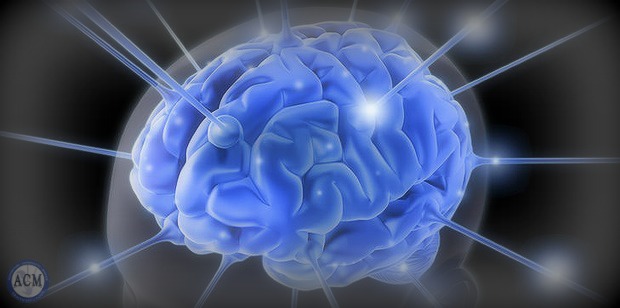 The second week of March is Brain Awareness Week. This is a perfect time to explore ways to keep your noggin working and healthy. Below are easy, simple ways to keep your brain in good shape.
The second week of March is Brain Awareness Week. This is a perfect time to explore ways to keep your noggin working and healthy. Below are easy, simple ways to keep your brain in good shape.
A healthy diet is a healthy mind
There are many reasons to keep a healthy lifestyle and feed your body with foods that make you feel and perform your best. Diets that are low in saturated fats and cholesterol and higher in omega-3 fatty acids have been shown to promote brain health and protect brain cells. Taking a fish oil supplement with DHA or eating fish such as salmon can help improve brain development at any age. DHA, a type of omega-3, may also help prevent certain neurological disorders. Vitamin E and lutein can also help brain health. Incorporate leafy greens such as spinach and kale into your lunch or dinners.
Keep your brain stimulated
At any age, brain exercises are a great thing to get into the habit of. Keeping your brain stimulated can help retain your memory as you get older as well as your capability to learn new skills. The brain is never done learning. Exercises like reading, crosswords, number problems and games like sudoku can help keep your brain stay active and working. If you find yourself experiencing chronic stress, practice daily meditation for as little as five minutes a day to help reduce inflammation and support immune health, which are both controlled by the same area of the brain.
Socialize
Keeping in touch with friends and family and continuously working on building relationships helps your emotional state as well as your physical health. Surround yourself with people who challenge you, understand you and keep a positive tone. Join organizations or clubs you are interested in and make new connections. Feeling connected to others is always important for your mental well-being.
Quit the bad habits
If you smoke, now is never a better time to quit. Consuming an excess in substances such as alcohol, cigarettes and other drugs can lower cognitive processes and decrease overall functioning and health.
Acupuncture
In Traditional Chinese Medicine it is believed that the spleen, kidney and heart organs all impact mental capacity and brain activity. These organs influence memory, concentration and recall. When one of these organs is experiencing deficiency or an imbalance, our brain can not function to its fullest. Acupuncture addresses the organs with specific points on the body to return the body back to balance and health.
